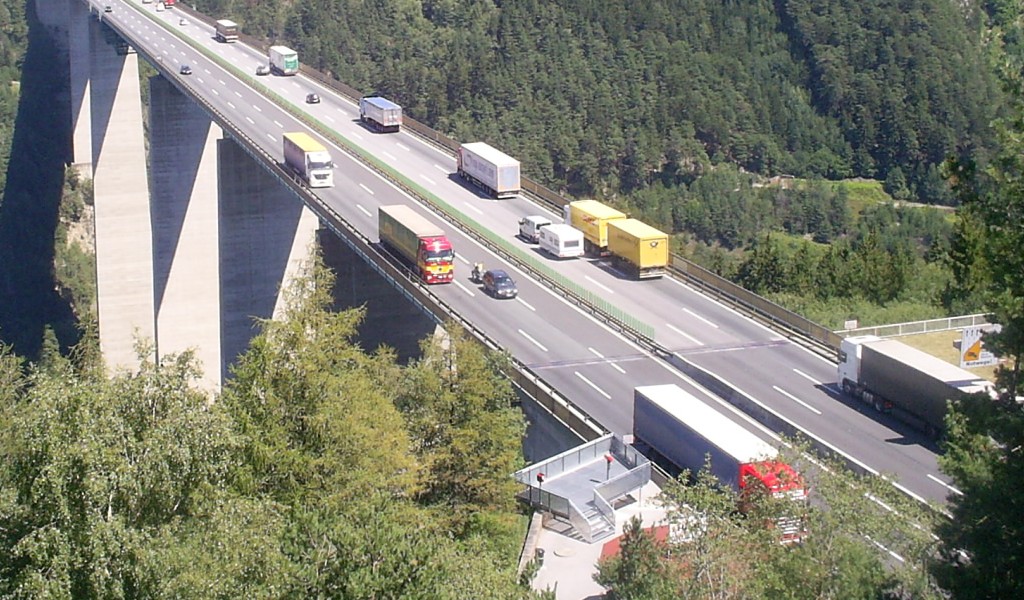The dispute originates from Austria’s restrictions on heavy vehicle transit through the Alpine pass, including night-time bans, sectoral bans on certain goods, Saturday winter restrictions, and a limit of 300 trucks per hour. Italy argues these measures violate the EU’s free movement of goods principle, while Austria claims they are necessary to protect public health and encourage rail transport.
On 30 July 2024, Italy filed an appeal with the CJEU, supported by the European Commission, which stated that “some measures in force in Austria limit the transport of goods” and restrict “the free movement of goods” within the EU. However, Austria submitted a counter-appeal on 19 December 2024, shifting its legal justification from traffic management to health concerns. According to Vienna, truck transit causes excessive air pollution, which negatively impacts public health.
Italy’s response strategy
At the 7 February meeting, discussions focused on how Italy should respond to Austria’s counterarguments. Two key points emerged:
- Traffic fluidity and environmental impact
Italy argues that lifting night-time bans would reduce congestion and emissions. “A queue of vehicles pollutes more than vehicles that flow quickly,” noted Uomini e Trasporti in its report on the meeting. - Rail capacity constraints
While Austria promotes rail transport as an alternative, Italy contends that current rail capacity is nearly full. The meeting highlighted that the railway’s ability to absorb more freight will only improve after 2032, when the Brenner Base Tunnel (BBT) is completed. Until then, Italy argues, shifting additional truckloads to rail is not feasible.
According to Uniontrasporti, an in-house research body of Unioncamere and the Chambers of Commerce, the Austrian bans have led to a halving of transport capacity, costing the Italian transport sector €370 million per year—a total of €1.8 billion over the past five years.
Italy has until 31 March 2025 to formally submit its response to the CJEU, after which the case will proceed. The European Commission has reaffirmed its support for Italy, strengthening its position in the legal battle.











